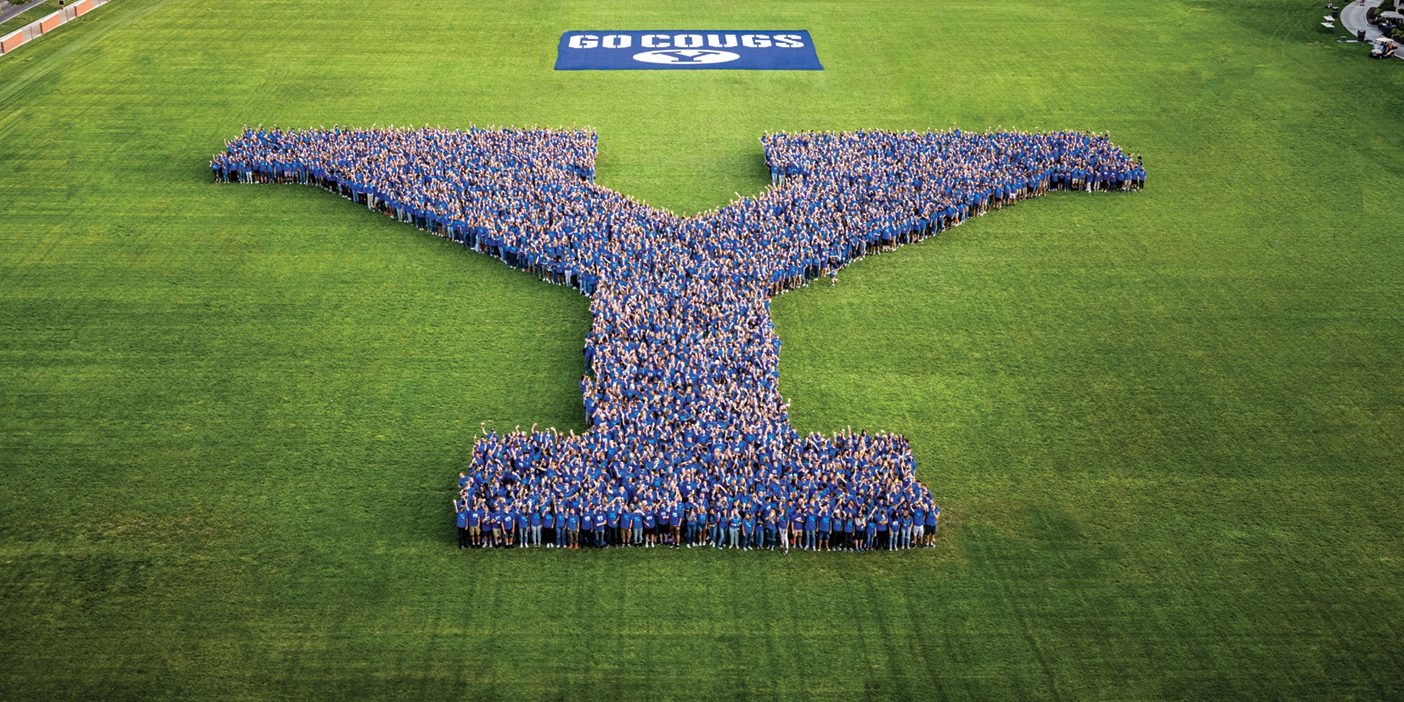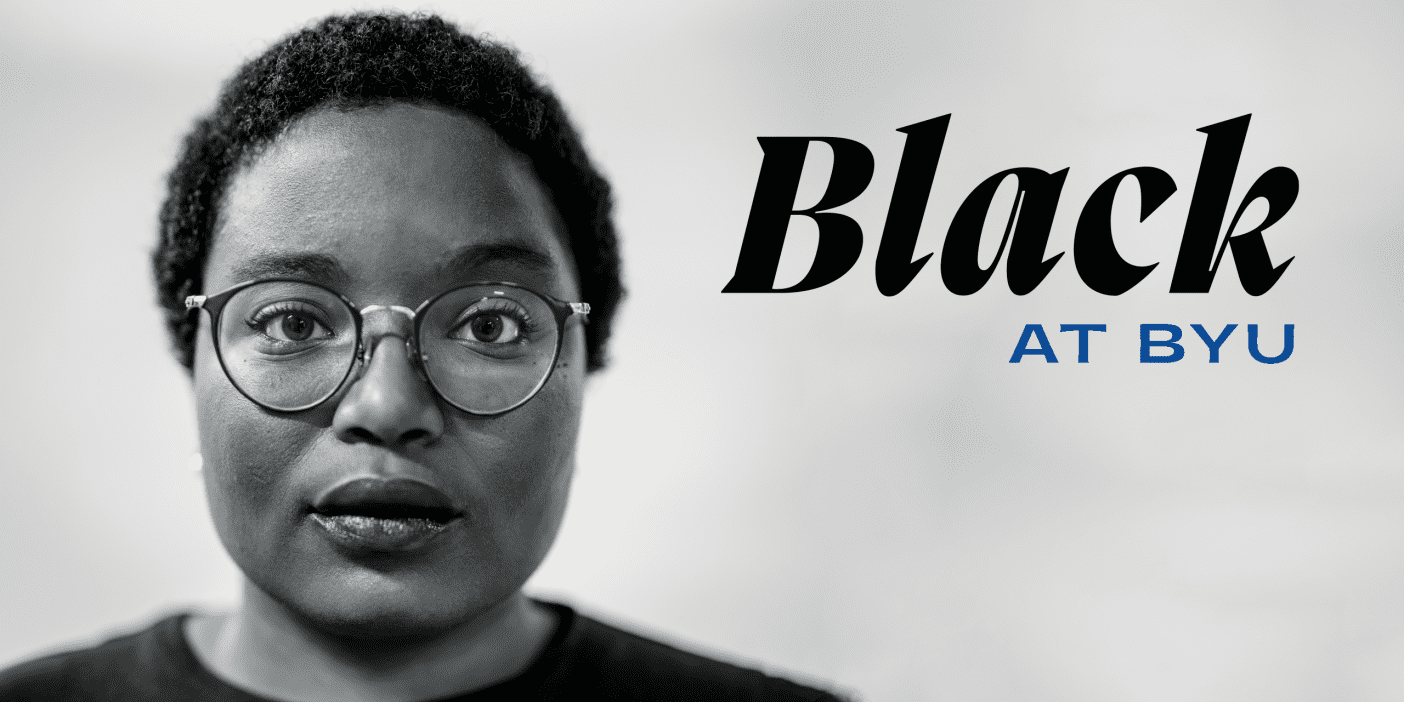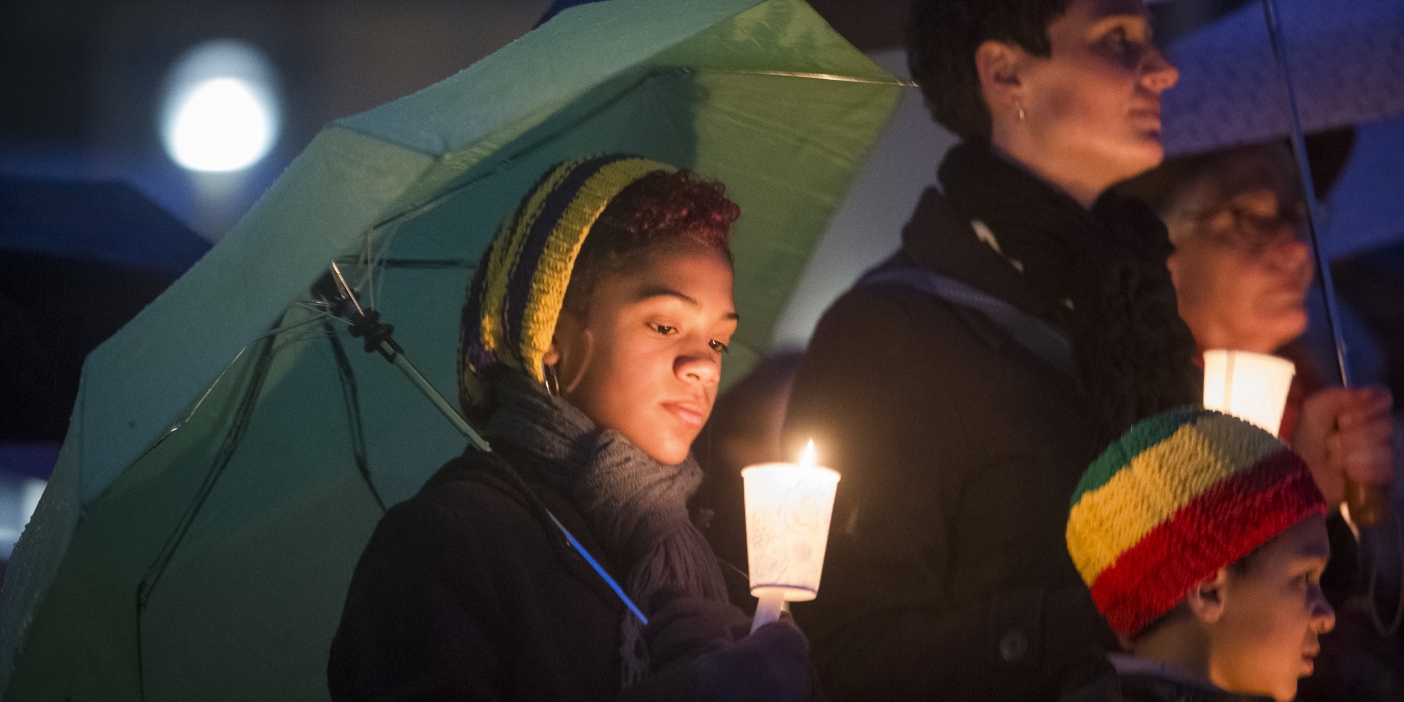In a time of deepening division, the son of Martin Luther King Jr. shares why he believes unity is still possible.
Y Magazine sat down with Martin Luther King III in advance of his BYU forum address given on Sept. 28, 2021, when he spoke about the “beloved community”—an idea dear to his father, the Reverend Martin Luther King Jr. The beloved community is one in which people of all races, religions, and nations can live together in peace and harmony, working together for the good of humankind. And it’s a goal that, in our time of division and strife, has proven elusive. Here King shares reasons why he still has hope—and ideas about how to make the beloved community a reality.
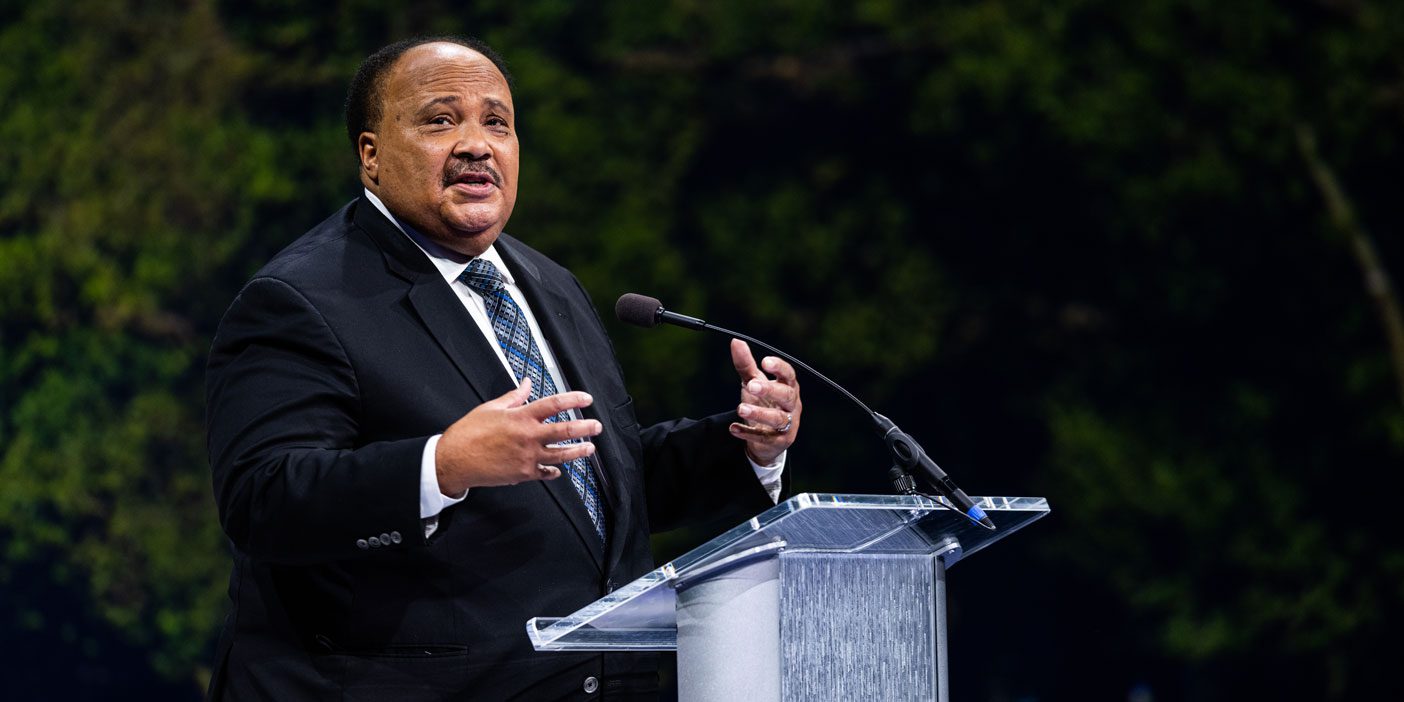
Q: A beloved community requires love and unity. When we disagree or have differences with someone, how can we still show unconditional love and build unity?
A: We can disagree without being disagreeable. None of us are ever going to agree with everything that [someone else] does.
But that does not mean that there are not still issues that we can work on. We have to find a starting place. There may be 10 issues, [and] we may only agree on 1, but that’s a good start. You build on the relationship from that 1, and hopefully you get to [the other issues].
Q: But what about when those we disagree with are unkind or not ready to show love in return?
A: Just because someone else is hostile or does not want to engage, it should not ever change who you are. We should always be who we are.
[With] most people, you can break down barriers, even when you disagree. There’s something that you have in common with another human being. I know of people [who] have built relationships on one issue, and now they are very, very dear friends. They may not agree [in all] areas, but that one issue is where they connected, and they stayed connected.
At times when I’ve been giving a speech, I’ve wondered if something I said caused someone to walk out. So I’m always trying to figure out . . . positive way[s] to bring people together. What is it that I can say that will make an impact? [What is it that I can say] that will set the climate for people to want to be engaged as opposed to adversarial? I focus on building bridges.
Q: What actions can anyone take to build bridges?
A: Immerse [yourself] in [my father’s] writings because that’s where the blueprints can be found.
We [also] need to find ways to master using technology because that’s where we can connect with others. All those modalities that exist today create the opportunity for us to be engaged. Because of technology, you can mobilize around the world . . . it’s unlimited.
Q: How do you maintain hope in a vision of a better future when things seem hopeless?
A: There’s no one who can just fight every day all day. There are days when I get discouraged. Sometimes I have to take a break and fortify myself. For me, fortification is prayer, it’s meditation, it’s getting rest.
Then I look at [the things that are going well]. On Aug. 28 this year [the 58th anniversary of the original march on Washington], we were able to do 100 marches in 41 states. That was very positive from my perspective. That was one day, and we’re continuing to do the work. I get inspired and encouraged by doing things that are successful.
Q: When connecting with people who are different from us, we may worry about saying the wrong thing, and so sometimes we don’t say anything at all. How can we do better?
A: [First], you have to genuinely want to have a relationship. Then you’ve got to ask [the] individual, “How do I navigate through this? Because I don’t ever want to say something that is disparaging or . . . uninformed.”
[And then don’t] be afraid. You can’t be afraid to dialogue. The fact of the matter is if we want to build community, we have to go beyond our comfort zones.
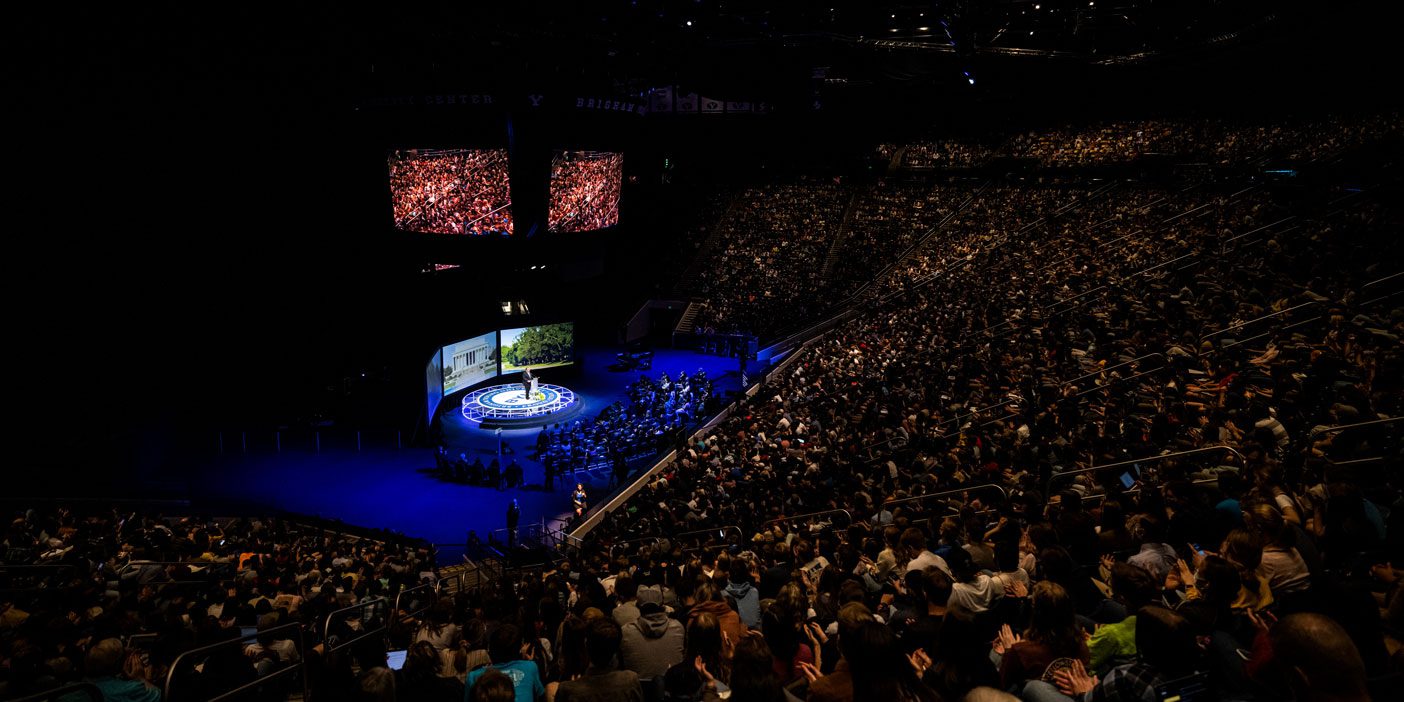
Q: How have you sought to be creative in your leadership or in the ways that you show love to people?
A: I hope that I set an example by how I choose to communicate. My father had a sermon called “Levels of Love,” and he talked about agape, the highest level of love, a love that is totally unselfish and seeks nothing in return.
You love someone if they’re old or young, rich or poor, Black or White. You love them because you know that God calls you to embrace that kind of love. I hope that I’m exuding that [love] when I’m talking to people. I hope that I’m exuding a genuineness. At the end of the day, [you may find that some people] still don’t identify [or connect], [but] most people will.
Martin Luther King III’s forum address is available to watch on BYUtv until Oct. 12, 2021.










